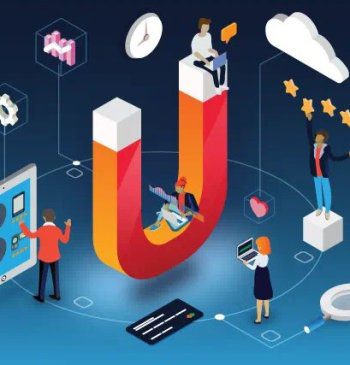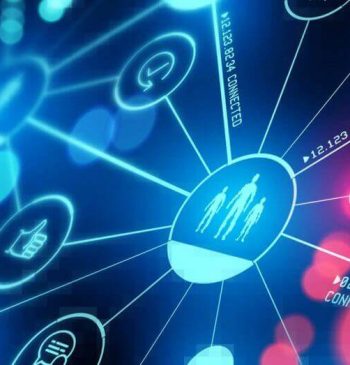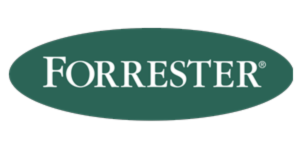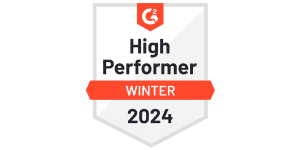03 Jul
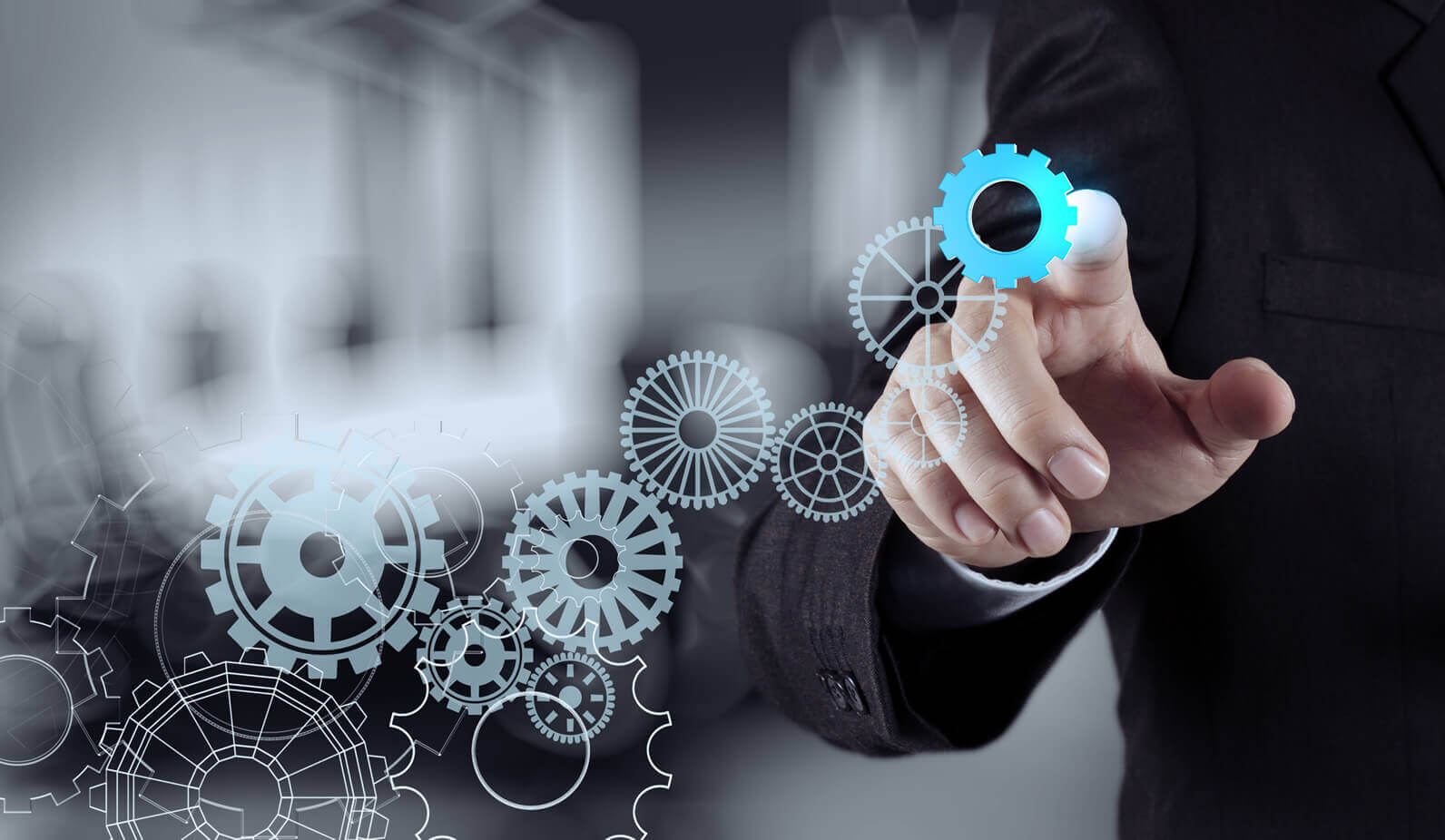
The link between sales and marketing and how they cooperate has always been challenging in the B2B landscape. Conventional marketing was almost a side supporter, aiming to increase sales through repeated actions from the channel owner’s side. Our relationship landscape has drastically changed after B2B marketing automation technologies emerged. Since these relationships are now reciprocal, B2B loyalty platforms like Apex Loyalty become prominent because they take communication seriously.
Why is Marketing Automation So Important?
Apex Loyalty has proven to create flourishing domains where sales and marketing efforts could merge to breed exceptional engagement ideas. The market dynamics tell us the focus is now the customer experience rather than the product. The customer experience itself has lived through a radical transformation as well. To understand it better, let’s look at the evolution of customer relationship management (CRM).
With the emergence of CRM tools, chains of processes began to evolve. This notion led to a transformation in all business aspects, making marketing, a powerful ally of sales, earn its new place. Marketing automation and digital marketing shifted their role to a better and fairer position. There, it and sales reciprocally nourish each other instead of becoming a burden for one another. With the power of CRM and the visibility it provides, smart B2B marketing automation has become a powerful tool. We have a flexible tool for channel forecasts, increasing sales, and many other functions. But what is so special about new-gen automation software that makes CRM thrive better?
Building New Roles Through Technology
As for the first stages of CRM, we can think of the initial software as a mechanism enabling us to reach and keep customers within a database. Email systems based on CRM allow you to reach the masses with a single and generic message. When B2B marketing automation came on stage, it became possible to construct campaigns based on user patterns and segments. The customer insight here came from the CRM data in a one-dimensional manner and from various data from across many depths of a business, to be later reconstructed to cater to each department in return.
Today, the duo has a more integrated presence with expanded functionalities. If we implement them correctly, we can create domains where sales and marketing in B2B can grow together. This will also help us tailor a single look for the customer. Let’s look at these possibilities closely.
Examples of B2B Marketing Automation
Technically speaking, marketing automation is software that automatically sends emails to your channel. These emails contain materials you define based on rules compatible with your goals. Compared to traditional mass e-mailing, marketing automation is more about customer experience than plain product presentations. Utilizing its dynamics, you can design relevant and personal experiences for channel members and the end buyer.
You can do this manually to sort users in particular lists or segments. This can happen according to your interpretation of their behavior patterns. These patterns may include a variety of interactions, including where they choose to engage with your brand and how. Once understood properly, the questions “when,” “where,” and “how” are useful for pointing out elements that shape the very patterns. On the other hand, you can also design a mechanism of automatic actions that are prompted when a user does a particular thing. Again, this feature is home to adjustable varieties that start with a user action. It can be a purchase, signing up for a newsletter or any other content, or sharing your content.
With different goals for different industries, new opportunities are possible by B2B marketing automation. However, even behind the smartest technology, we humans are decision-makers. Today’s business climate brings competition and requirements to keep up with the uncertainties of the digital age. Therefore, choosing software that embodies an agile mindset is crucial.
Apex Loyalty for B2B Marketing Automation
Apex Loyalty cares the most about creating a unique channel environment based on personalization. Its dynamic rules engine, in other words, its foundation, lets you create targeted content for various options that will result in authentic marketing material. You can also set gamification functions thanks to the same B2B marketing automation framework. Gamification is a fun way to spice up any automation that would otherwise have a mechanical feel. The same applies to rewarding opportunities you can provide your channel on the channel loyalty platform. These rewards also serve as educational tools, adding another function to the automation process. Either through education or gamification, the main concern is being in touch and on the same page. With Apex Loyalty, you make the most of your existing CRM data and leverage it towards a complete customer experience for your channel and end buyer.
You can read our previous post on https://www.apexloyalty.com/content-consumption-rate-in-loyalty/
